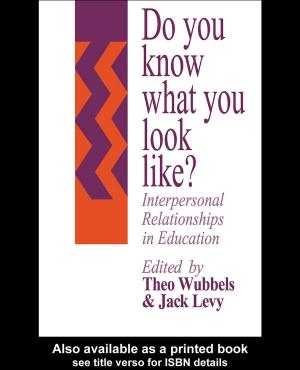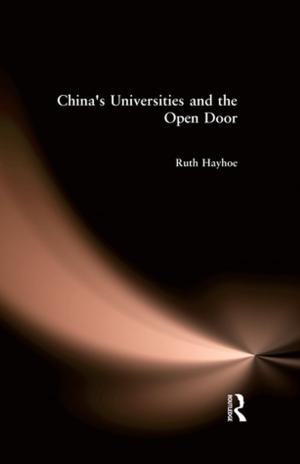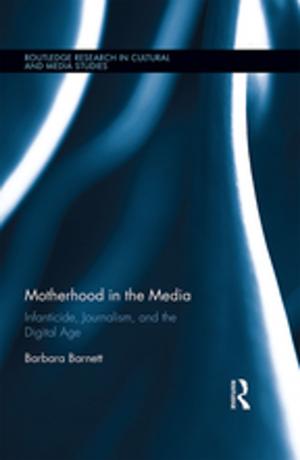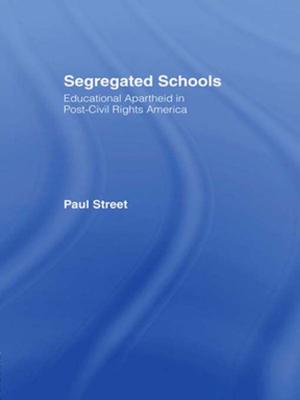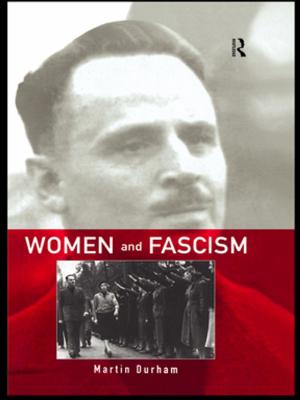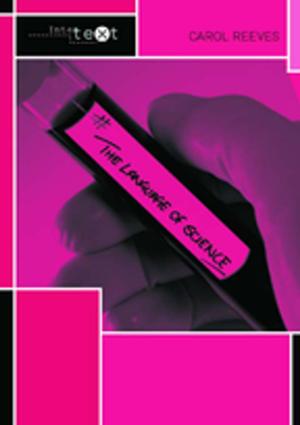Ends and Means in Policing
Nonfiction, Social & Cultural Studies, Social Science, Crimes & Criminals, Criminology| Author: | John Kleinig | ISBN: | 9780429677984 |
| Publisher: | Taylor and Francis | Publication: | March 1, 2019 |
| Imprint: | Routledge | Language: | English |
| Author: | John Kleinig |
| ISBN: | 9780429677984 |
| Publisher: | Taylor and Francis |
| Publication: | March 1, 2019 |
| Imprint: | Routledge |
| Language: | English |
Policing is a highly pragmatic occupation. It is designed to achieve the important social ends of peacekeeping and public safety, and is empowered to do so using means that are ordinarily seen as problematic; that is, the use of force, deception, and invasions of privacy, along with considerable discretion. It is often suggested that the ends of policing justify the use of otherwise problematic means, but do they?
This book explores this question from a philosophical perspective. The relationship between ends and means has a long and contested history both in moral/practical reasoning and public policy. Looking at this history through the lens of policing, criminal justice philosopher John Kleinig explores the dialectic of ends and means (whether the ends justify the means, or whether the ends never justify the means) and offers a new, sharpened perspective on police ethics.
After tracing the various ways in which ends and means may be construed, the book surveys a series of increasingly concrete issues, focusing especially on those that arise in policing contexts. The competing moral demands made by ends and means culminate in considerations of noble cause corruption, dirty hands theory, lesser degradations (such as tear gas, tasers, chokeholds, and so on), and finally, those means deemed impermissible by the majority in Western culture, such as torture.
Policing is a highly pragmatic occupation. It is designed to achieve the important social ends of peacekeeping and public safety, and is empowered to do so using means that are ordinarily seen as problematic; that is, the use of force, deception, and invasions of privacy, along with considerable discretion. It is often suggested that the ends of policing justify the use of otherwise problematic means, but do they?
This book explores this question from a philosophical perspective. The relationship between ends and means has a long and contested history both in moral/practical reasoning and public policy. Looking at this history through the lens of policing, criminal justice philosopher John Kleinig explores the dialectic of ends and means (whether the ends justify the means, or whether the ends never justify the means) and offers a new, sharpened perspective on police ethics.
After tracing the various ways in which ends and means may be construed, the book surveys a series of increasingly concrete issues, focusing especially on those that arise in policing contexts. The competing moral demands made by ends and means culminate in considerations of noble cause corruption, dirty hands theory, lesser degradations (such as tear gas, tasers, chokeholds, and so on), and finally, those means deemed impermissible by the majority in Western culture, such as torture.


